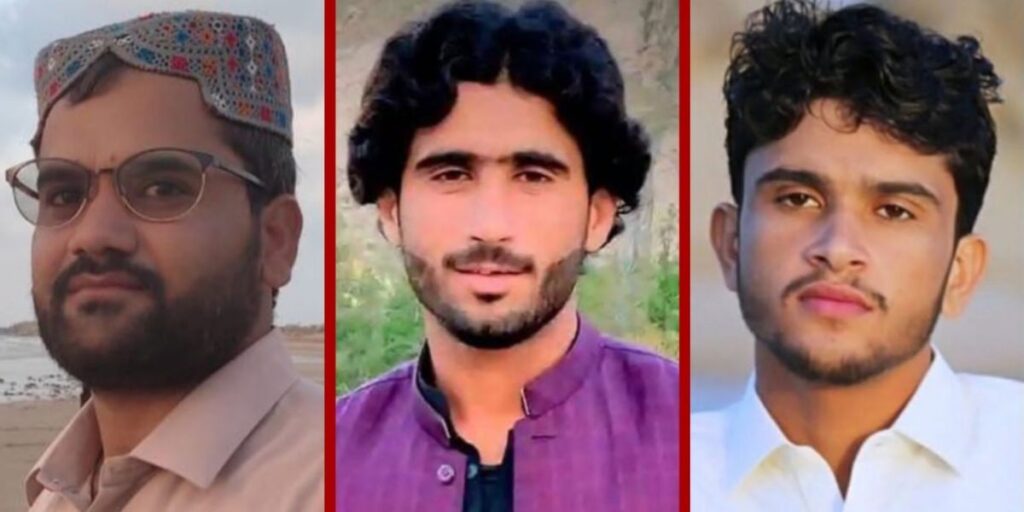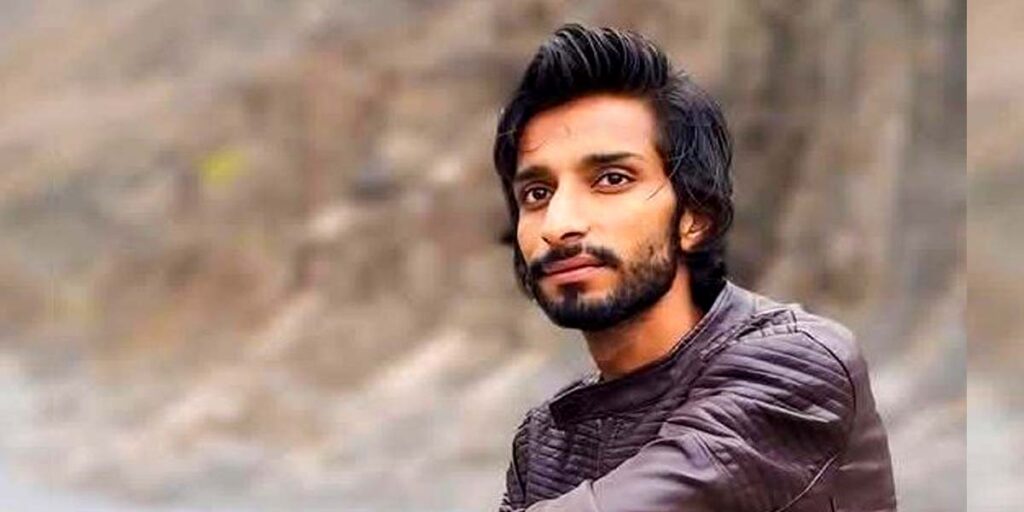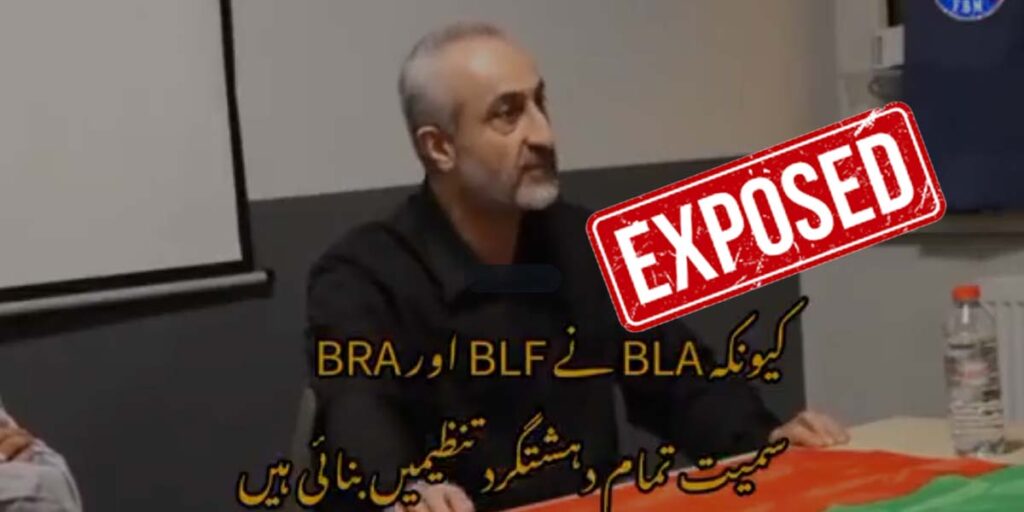QUETTA: In a swift and decisive counter-intelligence operation, Pakistani security forces apprehended three Indian spies—Liaqat Mustafa, Umar Atta, and Aziz—in the areas of Hub Chowki and Noshki.
Investigative sources confirm that while the trio posed as members of the Baloch Yakjehti Committee (BYC), they were actively working for India’s intelligence agency, RAW.
Initial interrogations revealed that RAW had tasked them with orchestrating widespread arson, attacks on law enforcement, and coordinating with BLA terrorists to carry out bombings under the guise of public protests.
Liaqat Mustafa and Umar Atta, both drivers from Mashkay, were captured from their homes in Hub Chowki at 2:30 AM on July 4, 2025. Aziz Baloch, 25, from Killi Muhammad Khan Mal, Noshki, was taken into custody at 8 PM on June 30.
Authorities seized satellite phones, secret maps, and digital memory devices from the suspects.
These devices contained internal BYC chat logs, bomb plant locations, and images of targeted police stations and government buildings.
One of the devices included a video briefing from RAW handlers showing a timeline for four planned bombings during the month of Muharram.
According to confessions, the plan involved BYC leadership staging province-wide protests under a “Black Day” narrative. Mobs were to be provoked with slogans like “extrajudicial killings” and “forced disappearances.”
In the second phase, protestors would torch selected government properties to distract security forces, while BLA facilitators would detonate pre-planted explosives via timer or remote control. The intent was to falsely blame the resulting chaos on excessive state force.
The timely intervention of Pakistani intelligence thwarted the entire operation and saved countless lives.
This latest exposure of India’s hybrid warfare in Balochistan demonstrates that the threat extends beyond bombs and bullets—it also hides behind propaganda marches and deceptive slogans.
ALSO READ: Two Fitna al Hindustan terrorists killed in shootout with security forces in Mastung
With state institutions taking firm action, the need of the hour is for political leaders, media, and civil society to unite against this “Fitna-e-Hindustan” and dismantle its network from within.





